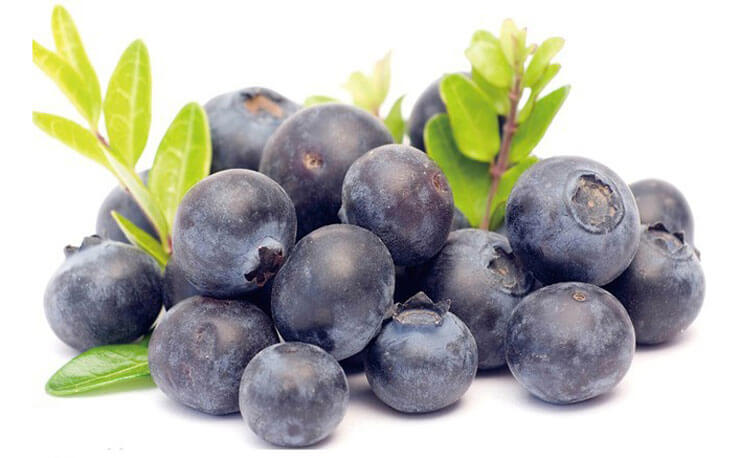Bilberry Extracts: A Guide to one of the hot favorites among herbal supplements
Among the many herbal supplements sold in the market today, consumers have an affinity for bilberry extract for obvious reasons. The numerous claims behind the healthfulness of bilberry are however put into question since few stand wrong. But it cannot be denied that supplements of bilberry extracts are top sellers given the ingredient’s ability to treat eyesight-related problems, intestinal disorders, and many more.
What is bilberry?
Related to the family of blueberries, cranberries, and huckleberries, the bilberries or extracts of the fruit are a perennial plant characteristic of North American rocky mountains, Europe, and Western Asia. This little shrub also has edible fruits that resemble blueberries; the only difference being in its darker shade and the tarter flavor. Otherwise, the plant comes with the same bright green leaves and flowers shaped like a bell.
The result why bilberry flesh being of a darker shade is primarily because of the presence of anthocyanosides, which are water-soluble pigments providing a red, purple, or blue hue depending upon the pH level. Besides, the fruit also contains antimicrobial tannins, usually found in dark-colored teas and purple grapes.
What is the extract?
Bilberry itself has anthocyanin content that ranges between 300 mg to 700 mg per 1000 grams of fruit, which is no less than 3.5 ounces. But this depends considerably on the region from where it’s picked. On this basis, any bilberry extract has a standardized amount of 25% anthocyanosides.
What are the health benefits?
Over the years, European herbalists have used bilberry extracts to cure several ailments. Since these are powerful antioxidants to render protection from free radicals and toxins, major problems like eye infections, urinary tract issues, diarrhea, intestinal problems, or kidney stones can be prevented.
Even today, where medicine culture has improved by several notches, it is more than a boon to get this kind of herbal supplement with negligible side effects.
What’s the scientific evidence?
Continuous research and studies have revealed that bilberries are rich in two compounds- tannins and anthocyanosides. Where the latter is known for improving blood flow to tiny vessels that ensure the health of the eyes, besides varicose veins and hemorrhoids; tannins are effective for sore throats, diarrhea, and mouth ulcers.
How to use extracts?
Whether it’s liquid, capsules, or dried herbs, bilberry extract supplements can be taken in any form. The use of it depends on its make. In other words, it will be interesting to know how these supplements are made.
On the one hand, the fruits can be dried to make them into herbal tea. Then there are dried whole berries or crushed ones which can also produce tea. After pouring boiling water over the fruits, it’s best left for seepage of the water, which can take about 5 minutes.
As per the research studies, the dried fruits of the plant have been found safe for consumption. However, the leaves are still not deemed safe. But as regards bilberry extracts are concerned, having it with or without food is perfectly okay.
When choosing bilberry extract supplements, be certain about your ailment/s or talk to the expert beforehand. For example, patients with cataracts or other vision problems can take 160 mg of the standardized extract a maximum of 2-3 times per day. Those with varicose vein issues are recommended about 80-160 mg 3 times a day. Thankfully, the length of time you prefer to continue with the supplement lies at your discretion, without any limitation.
How safe is it to take?
As per the Natural Medicines Comprehensive Database, bilberry extracts are completely safe to eat. The problem, however, lies in the presence of anthocyanosides, for there’s a considerable chance of the blood platelets not sticking to each other and this might interfere with a few anticoagulant drugs.
Here the question of quality also pops up. Most researchers are strict against the purchase of cheap bilberry extracts. This is primarily because chemicals like dyes can be present. Another possibility of problems lies in lighter-colored bilberry extracts, owing to the lower content of anthocyanosides.
Check to see the overall ingredient list of your supplement before buying. That will only work wonders for you or anyone you wish to benefit.


